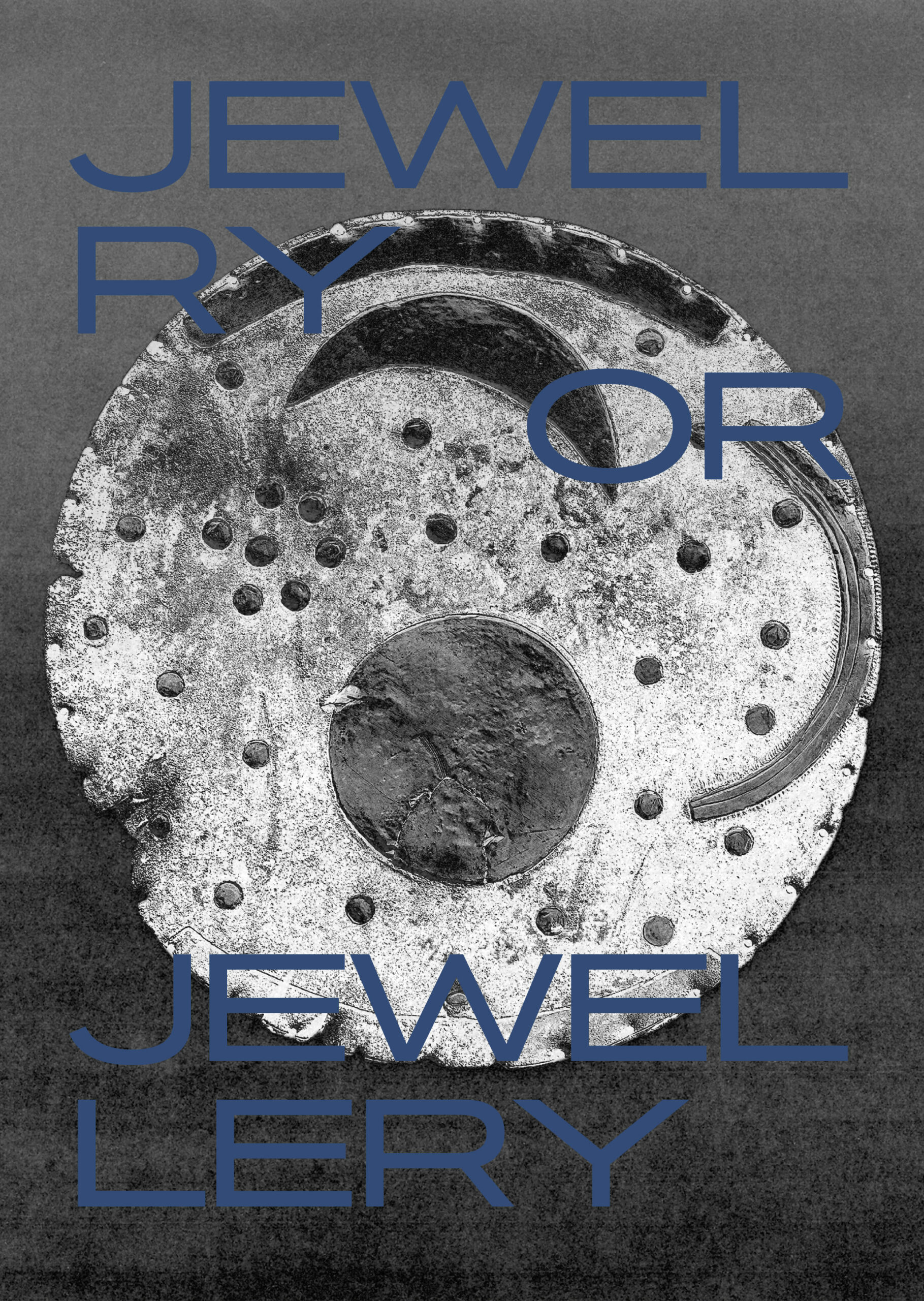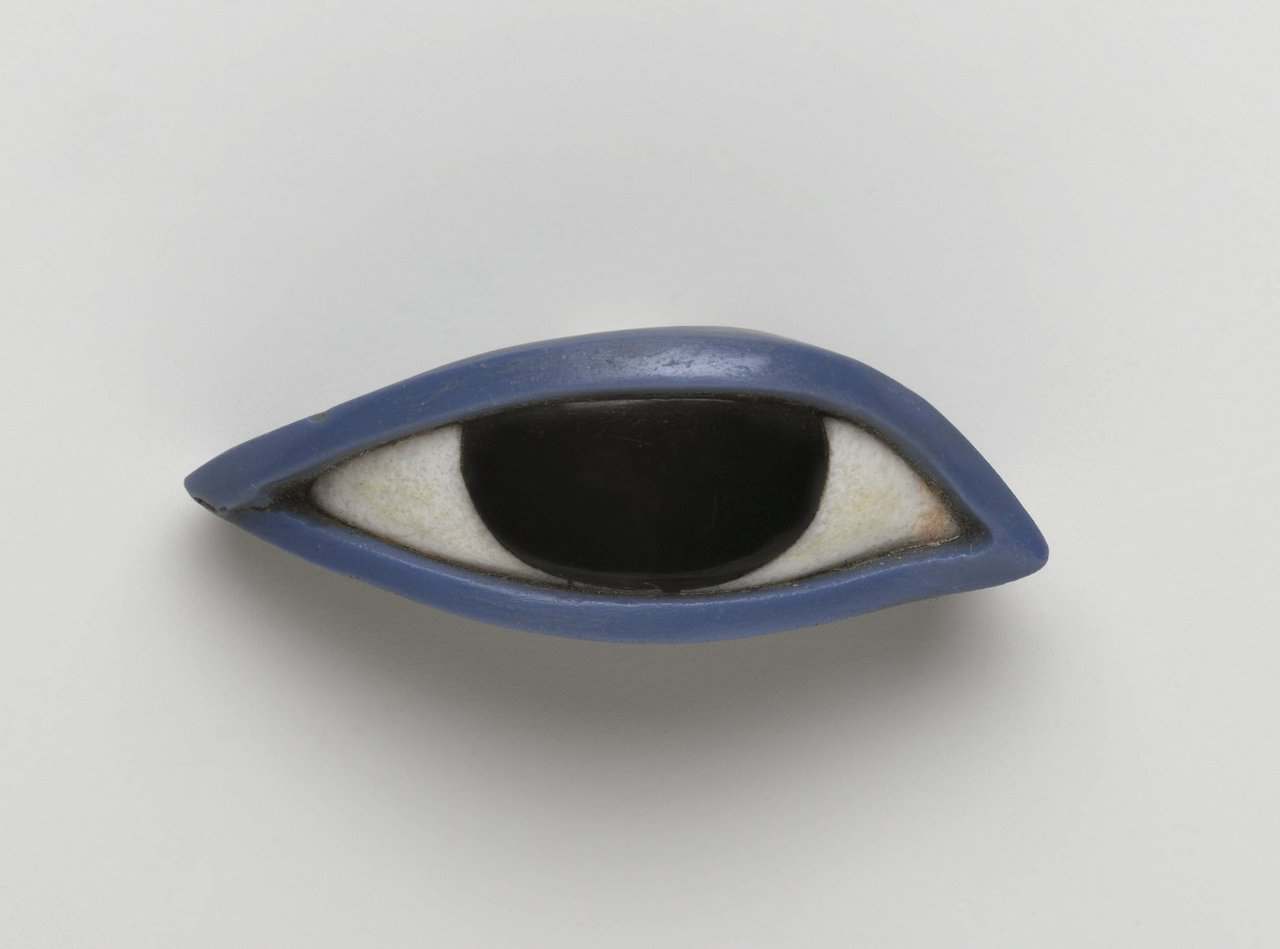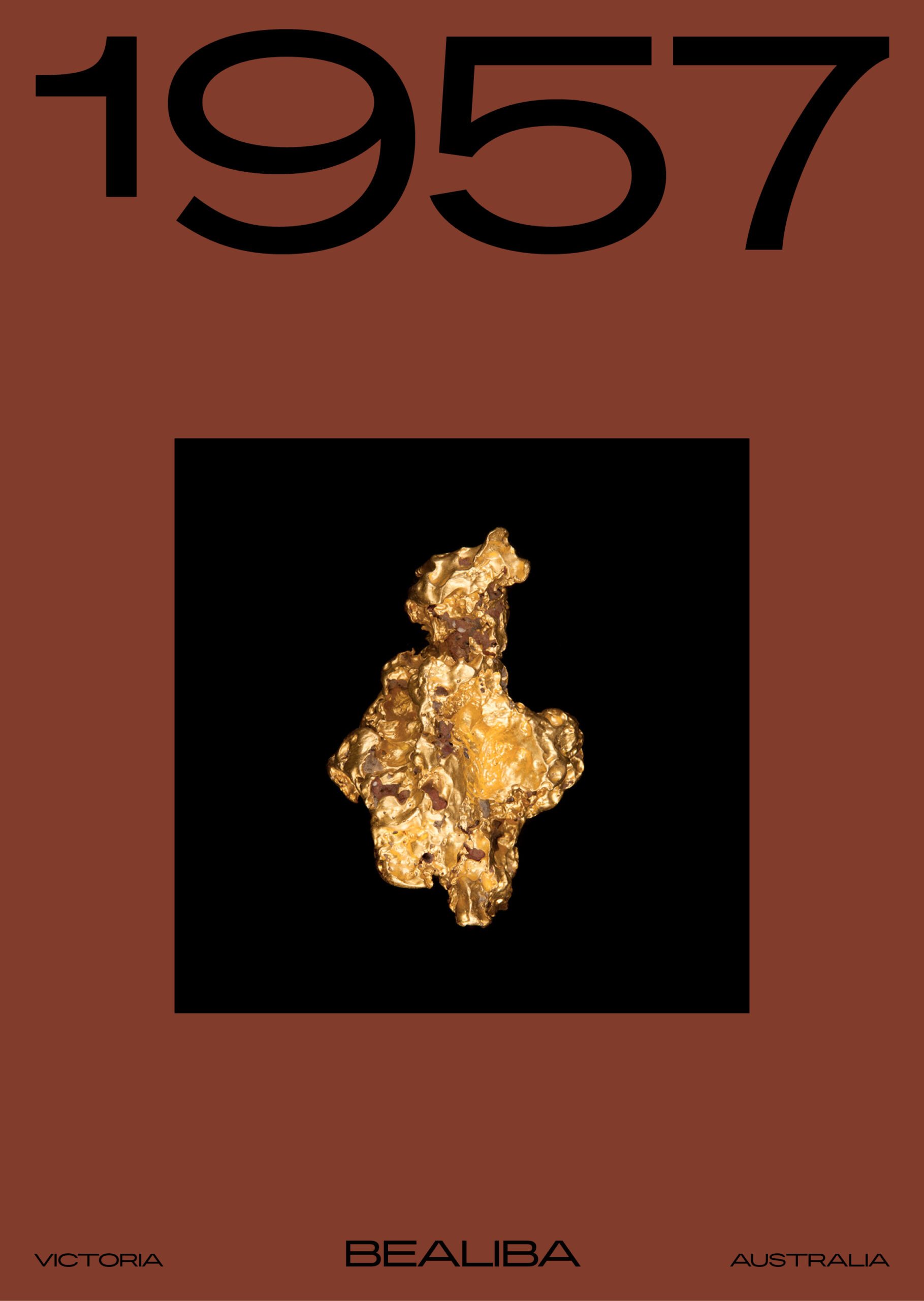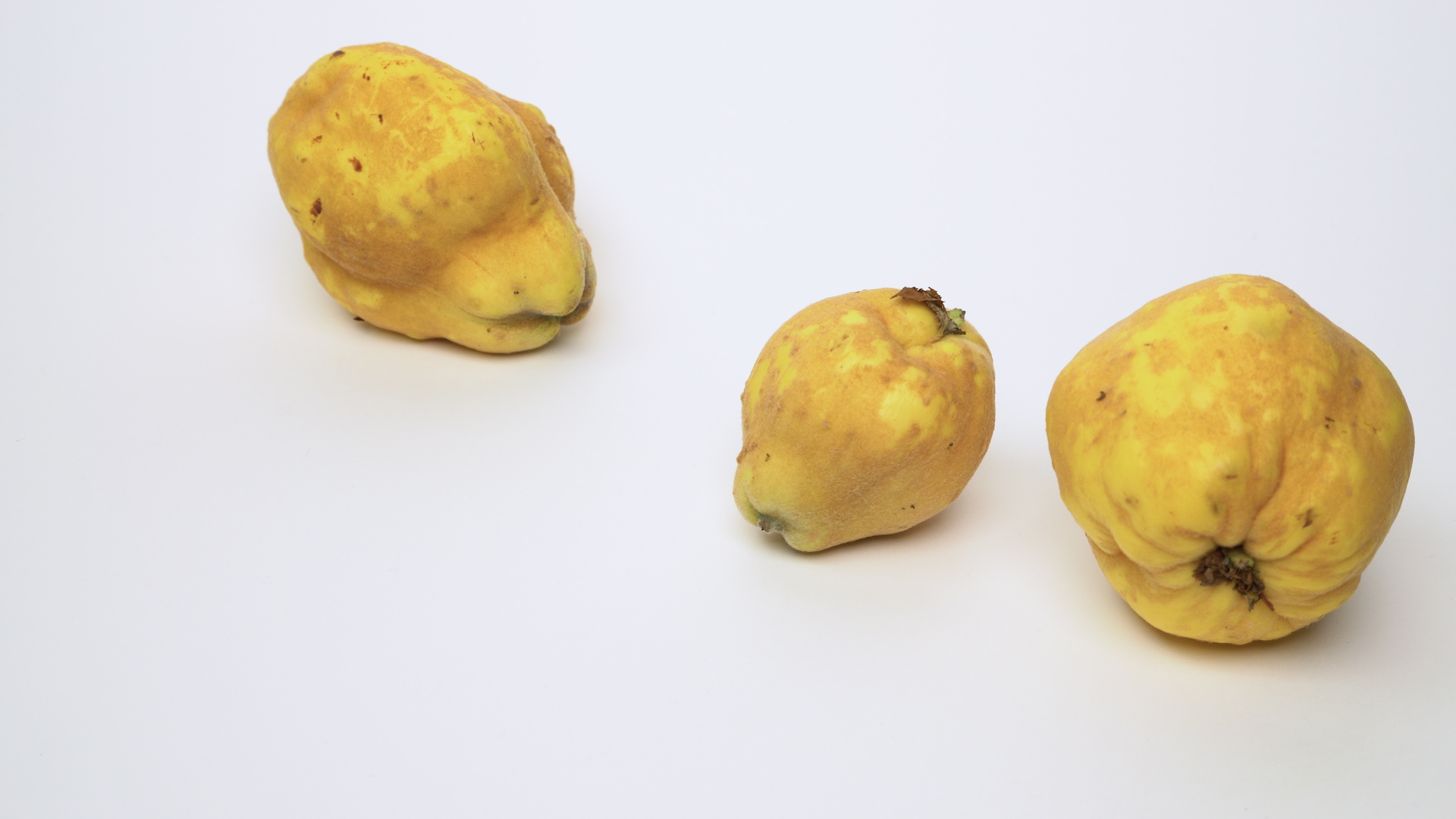Madly, deeply
Honoré de Balzac pours his heart out to
Countess Ewelina Haska
“My beloved angel,
I am nearly mad about you, as much as one can be mad: I cannot bring together two ideas that you do not interpose yourself between them. I can no longer think of nothing but you. In spite of myself, my imagination carries me to you. I grasp you, I kiss you, I caress you, a thousand of the most amorous caresses take possession of me. As for my heart, there you will always be — very much so. I have a delicious sense of you there. But my God, what is to become of me, if you have deprived me of my reason?
This is a monomania which, this morning, terrifies me. I rise up every moment say to myself, ‘Come, I am going there!’ Then I sit down again, moved by the sense of my obligations. There is a frightful conflict. This is not a life. I have never before been like that. You have devoured everything.
I feel foolish and happy as soon as I let myself think of you. I whirl round in a delicious dream in which in one instant I live a thousand years. What a horrible situation! Overcome with love, feeling love in every pore, living only for love, and seeing oneself consumed by griefs, and caught in a thousand spiders’ threads.
O, my darling Eva, you did not know it. I picked up your card. It is there before me, and I talked to you as if you were here. I see you, as I did yesterday, beautiful, astonishingly beautiful. Yesterday, during the whole evening, I said to myself ‘She is mine!’ Ah! The angels are not as happy in Paradise as I was yesterday!”
The story of Honoré de Balzac and Countess Ewelina Haska started off as a cat and mouse chase through anonymous letters and literary critiques. It was Countess Ewelina who first made the move in the spring of 1832 with a letter sent to Balzac’s residence in Paris. The letter had no return address and was postmarked from Odessa, a far-off town in Ukraine.
Turns out it was a critique of his most recent novel, La Peau de chagrin. The countess was clearly not impressed with the “cynicism and atheism” of his latest novel and its view on women, who “were portrayed as evil monsters.” The letter “urged him to return to the more elevated ideas of Scènes de la Vie Privée with their angelic victims.”
She signed the letter with an eerie “L’Étrangère” (“The Stranger” or “The Foreigner”). Balzac was intrigued and decided to strike back with a classified ad in the Gazette de France, hoping to find his mystery pen pal, it read:
“M. de B. has received the letter that was sent to him on 28 February. He regrets that the means of replying has been withheld, and though his wishes are not of a nature that permits them to be published here, he hopes that at least his silence will be understood.”
She wrote back again and revealed that she was Ewelina Hańska, a Polish countess married to a man many years her senior. She made it no secret that she was a huge fan of his literary works and his treatment of women, save for La Peau de chagrin of course, and thought that she could talk some sense into him by becoming The Stranger. Balzac and Countess Ewelina exchanged letters up until her husband’s death 1841. On March 14th, 1850, Honoré and Ewelina married at last, although Balzac tragically died in August of that same year.





